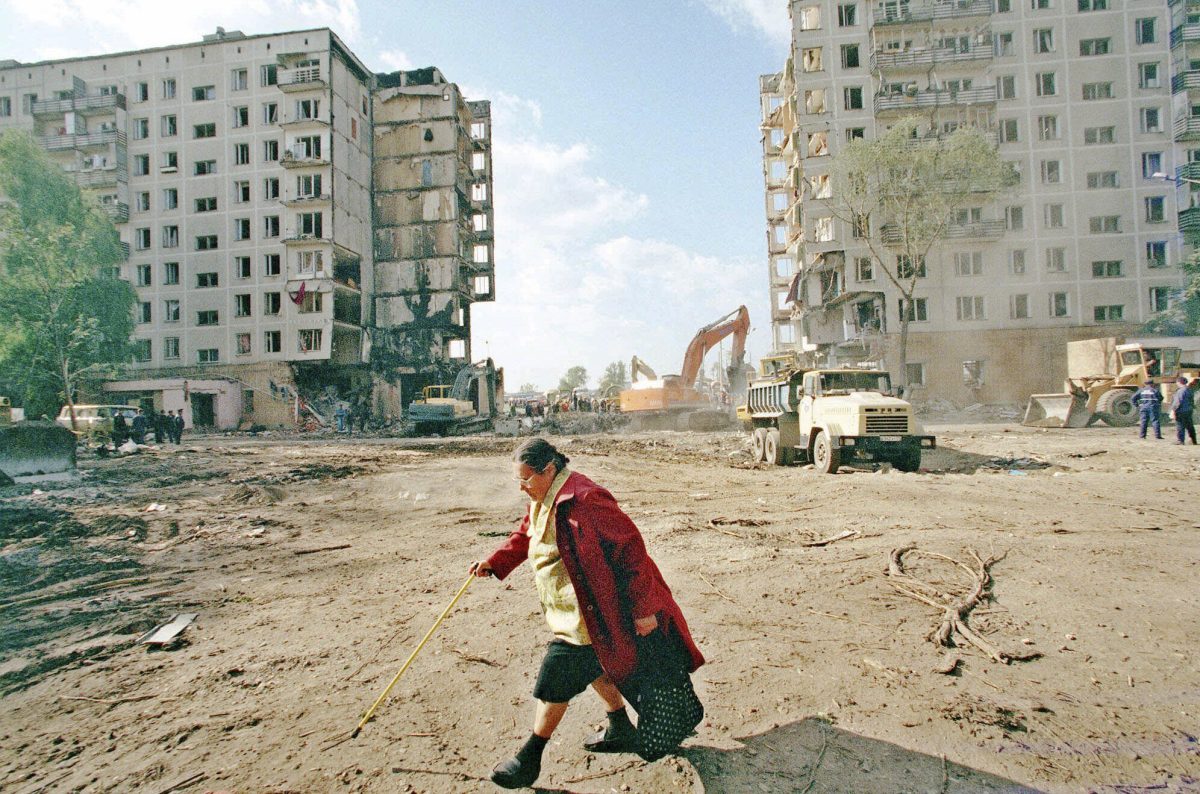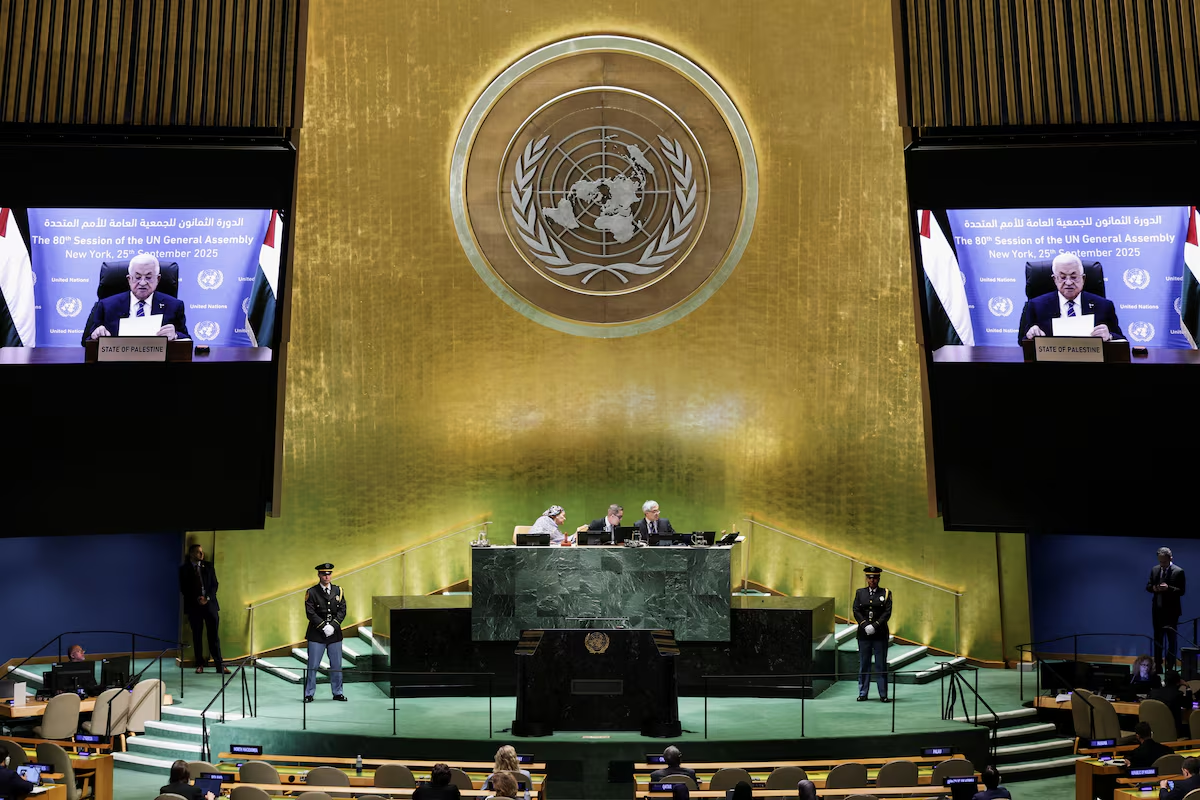On Friday, March 22, four gunmen attacked the Crocus City Hall in Moscow, Russia. The attack killed at least 139, with the death toll continuing to rise after the attack.
The four suspects have been charged with the crime of committing a terrorist attack and are facing criminal charges and potential life imprisonment.
Although Vladimir Putin responded on March 25, claiming the attack was carried out by radical Islamists, he was also hesitant, suggesting blame on Ukraine as well.
“It is also necessary to answer the question why the terrorists tried to go to Ukraine after committing a crime, who was waiting for them there,” Putin questioned.
ISIS-K (Islamic State group-Khorasan Province or commonly referred to as ISIS-Khorasan), one of ISIS’s most lethal branches, has claimed credit for the attack. ISIS-K is believed to have aspirations to attack Europe and the U.S., as illustrated by the Moscow bombing.
ISIS-K is a regional branch of the Jihadi-Salafi group. The group is active in Afghanistan, Iran and Pakistan among others. The goal of the group is to overthrow and destabilize existing governments in the Greater Khorasan region, referring to Afghanistan and parts of Central Asia and Iran, with the goal of creating governance by a strict interpretation of Islamic Sharia.
“It’s becoming more of a regional actor. It claimed responsibility for the attack in Iran in January, and now we have this devastating attack in Moscow,” Daniel Byman, a counterterrorism specialist at Georgetown University, said.
In recent months, U.S. foreign policy concerns have focused on China and Russia. Islamic extremist terrorist groups, such as ISIS-K, have diminished as a top priority. However, the recent attack on Moscow served as a reminder, causing European and U.S. leaders to become more concerned over Islamic terrorist groups and their potential attacks.
Although the idea of future attacks in the U.S. seems frightening, it seems that the U.S. has good intelligence insights into information regarding ISIS-K. Before the Moscow attack, U.S. officials warned Russia that ISIS-K was prepared to attack. The U.S. embassy in Moscow issued a warning to Americans ahead of the attack to be cautious and to avoid large gatherings.
“The Embassy is monitoring reports that extremists have imminent plans to target large gatherings in Moscow, to include concerts, and U.S. citizens should be advised to avoid large gatherings over the next 48 hours,” the embassy wrote.
Byman expressed his thoughts after seeing U.S. capabilities at work. The intelligence information secured before the bombing showed that the U.S. is keeping a pulse on all possible terrorist threats.
“That’s pretty impressive. It shows that U.S. counterterrorism capabilities remain an important factor. If they are trying to do something in Europe or the United States, there is at least a reasonable chance U.S. intelligence might be able to detect it,” Byman said.
As the Russian invasion of Ukraine continues, conflict in the region is expected to heat up, with outside players beginning to join in on the action. The U.S. is beginning to draw its attention back to ISIS after being pushed aside by foreign concerns over China and Russia. How will U.S. foreign policy change in the following weeks following the attack?









